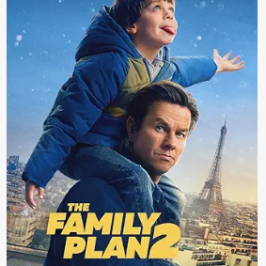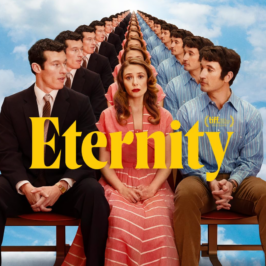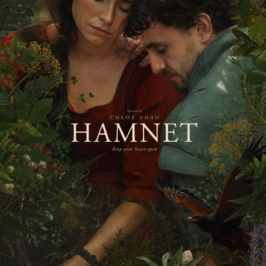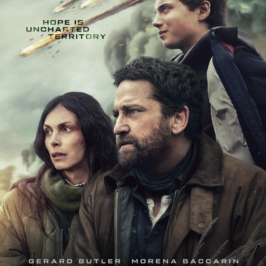

Grade: B
In a Nutshell: It’s as if this long movie couldn’t decide which one it wanted to be: epic war history or CGI action fantasy. I love Keanu Reeves and wanted this movie to be legendary for him, but it just falls short of being very memorable. It prides itself as telling a true Japanese story, yet it mixes in modern CGI villains that spoil the authenticity. The movie takes itself very seriously, but has a few humorous moments, such as when a pudgy Ronin tries to cut a branch with Keanu’s sharp sword. (Is Ronin plural? What’s one Ronin called? Roni?)
In case you didn’t know already, a Ronin is a masterless Samurai and the film is a remake of others made in 1994 and 1941. While many critics have been quite rough on this version, if you’re interested in Japanese lore, you’ll still find plenty to enjoy here.
Uplifting theme: I thought the ceremony with bloody thumbprints on paper was powerful. Oishi inspires with this short speech: “We will leave this record of courage so the world will know who we were and what we did. Tonight, we will regain our honor and avenge our Lord. None of us knows how long he shall live or when our time will come. But soon, all that will be left of our brief lives is the pride our children feel when they speak our names.”
At the end of the movie, the narrator explains “the memory of the
47 Ronin
who put duty and justice before their fear of death has lived down through the centuries as one of the greatest examples of loyalty and honor in Japanese culture.”
The screen then shows text, telling the reader that each year, on December 14
th, thousands of people from around the world visit the graves of the
47 Ronin
to pay their respects.
This film was inspired by their story.”
That statement alone made me want to learn more about the true tale.
Things I liked: I love symbolism and the movie provides a few touches, such as the candles blowing out when one of the Samurai dies or when the Ronin wear white robes to show purity in obedience, surrounding a white tree in the middle, representing the pillar of tradition. I also love it when Keanu calmly tells someone he’s going to kick their butt. Rinko Kikuchi gave a sexy and bewitching performance.
Things I didn’t like: The boy who plays Keanu’s character (Kai) when younger speaks with a British accent, but the older Kai does not. Someone should have caught that little inconsistency. The prejudice against Kai, the “half-breed” seemed a little too familiar and tired for a movie theme, although certainly experienced in many societies still today. Maybe I’m just tired of ignorance.
Funny lines:
- “I knew it was you. I saw your belly sticking out from behind the tree.” – Kai
- “I knew you’d come for me.” – Mika (Wow, how many times have we heard that from melting starlets?)
- My niece lived in Japan for a year and a half and told me oishi means “delicious”, so I thought it was interesting that one of the character’s names was Oishi.
Inspiring lines:
- “Mountains of corpses will not stand in our way.” – Witch (Wow, that’s dedication, eh?)
- “What I propose ends in death. Even if we succeed we will be hanged.” – Oishi (It’s hard to inspire people with a speech like that.)
- “A Samurai does not take credit for victories of others.” – Oishi
- “I will search for you to a thousand worlds and a thousand lifetimes until I find you.” – SPOILER ALERT – Kai (Now that’s romantic, right?)
- When a crime goes unpunished, the world is unbalanced. When a wrong is unavenged, the heavens look down on us in shame.” – Oishi
- “My father told me that this world was only a preparation for the next. All we can ask is that we leave it, having loved and being loved.” – Mika
Things to look for:
- wooden Japanese shoes worn by the King Lord guy
- Samurai wear 2 swords
- Did you know Keanu Reeves is half-Asian? He really is!
Tips for parents: No profanity and mostly bloodless fighting. It features honor and loyalty, but also revenge. It’s certainly an opportunity to discuss those values as a family. Young children may get a little bored.
If you saw this movie, I’d love to hear what you thought about it!
In case you’re interested in learning more about this famous Japanese story, check out these other versions of the retelling. One of the most popular ones is Inagaki’s Chushingura” Hana no Maki, Yuki no Maki (1962).















New contest announced!
It’s time for another fun contest with prizes! Every month, everyone who posts a comment...